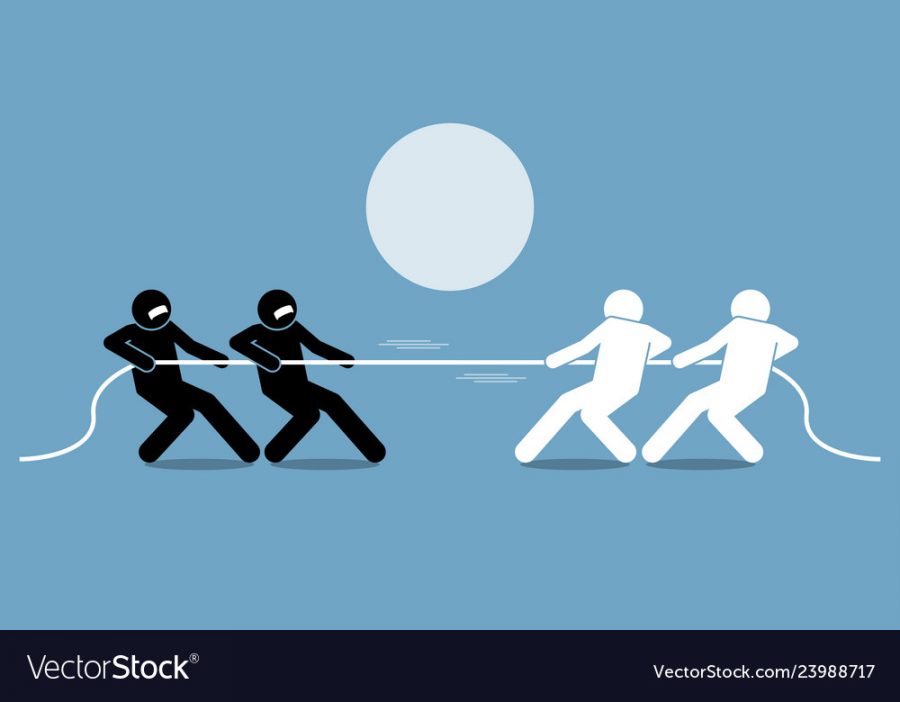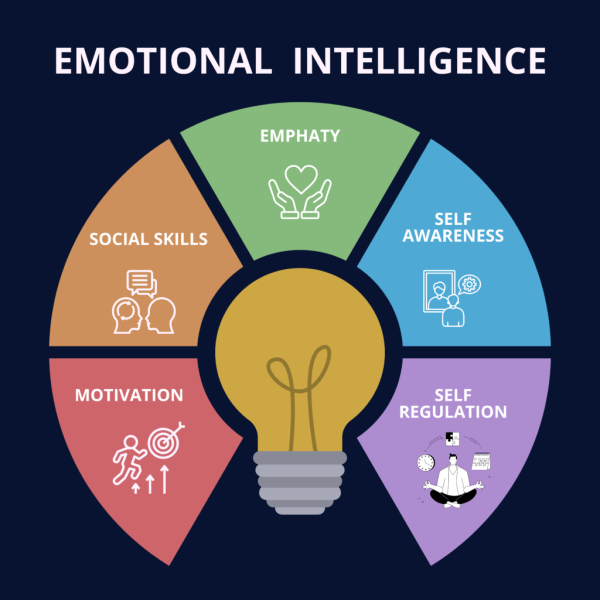Why Do We Avoid Confrontation?
Have you ever avoided a certain situation on purpose? Used every reason possible to get out of having that awkward conversation? Every day, people all around the world decide whether or not they will confront the problems they are facing. These problems may be big or small but can still have a tremendous impact on one’s life. They can result in stress and anxiety. Yet, strangely, most people would rather deal with these consequences than face their problems head-on.
If we know avoiding confrontation is nearly impossible, and gives us more stress and anxiety, than why do we continue to do it? There are many reasons and each has different logic behind it. Some people may have received negative results when they try to confront some of the problems in their lives, leading them to avoid problem-solving in the future.
Another common reason people avoid confrontation is not to protect themselves, but to protect the ones they love. As human beings, it is natural to want to keep the people we care about safe and happy. Sometimes, however, it can be more important to work on solving our own problems than those of the people around us. Although it can be hard, it is not healthy to push aside our own issues in hopes of helping the people we love. People also fear they will ruin their relationships with family and friends if they attempt to confront any personal issues they may have with them. Others say that confrontation causes them a great deal of emotional distress, explaining why they try to avoid it at all costs.
Finally, most people say they are unsure of how to successfully confront their problems. For many, it can seem nearly impossible to find an effective way to be confrontational. One of the best ways to take a step in the right direction, however, could be to understand why you may struggle with confrontation as an individual. Identifying the root causes of a problem is often one of the best ways to solve it.
It is also important to remember that there is never just one side to a conflict, meaning you will have to engage in confrontation. While this can be scary, it doesn’t have to be. It is important to consider that the other person involved in the conflict may be just as scared to confront the situation as you. Keeping this in mind may actually make it easier to solve whatever problem you could be facing.
As students and young people soon to be entering the “real world”, it is important to know how to confront someone and face our problems. When we grow older the issues we must tackle will only grow larger and more intense making it necessary to have these skills. Learning how to deal with confrontation at a young age will help you be more confident in approaching it as you grow.
Overall, most people avoid confrontation because they do not know what will result from addressing their problem directly. Not knowing if the result will be positive or negative often deters us from finding the solutions to our problems. Confrontation is something scary for a lot of people, and it isn’t something that can be changed overnight. Changing our individual views on how to address conflict may take time, but will often give us the confidence to find solutions on our own in the future.

Amy Acevedo is currently a senior at Roxbury High School and has shown an interest in writing from a young age. Her article about Super Bowl LI was selected...






